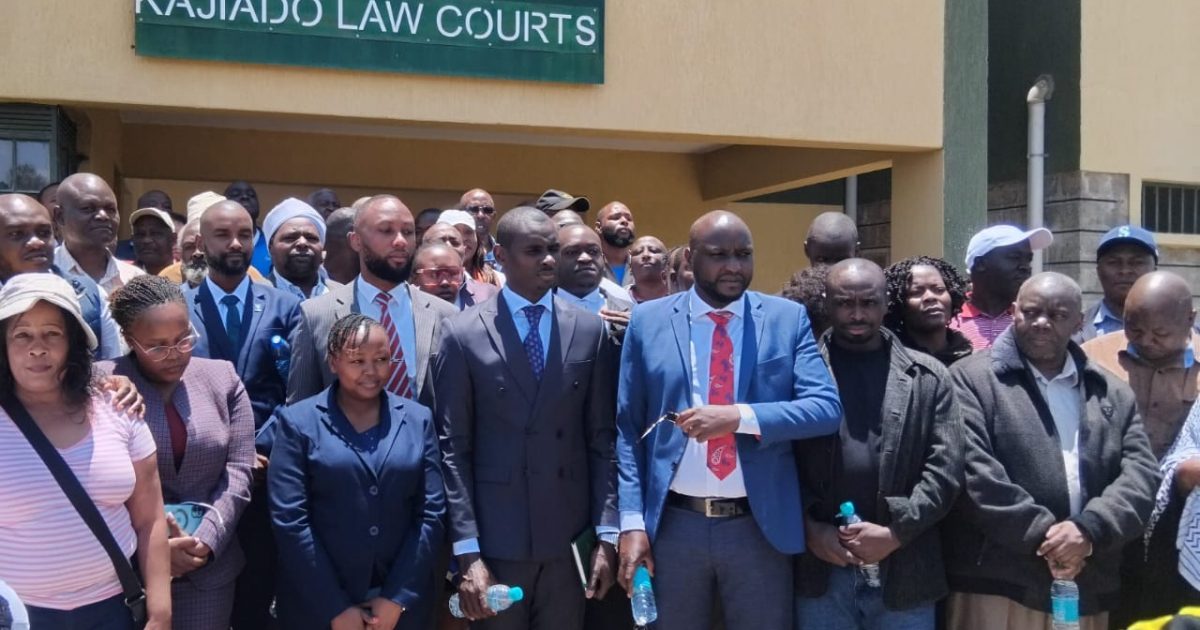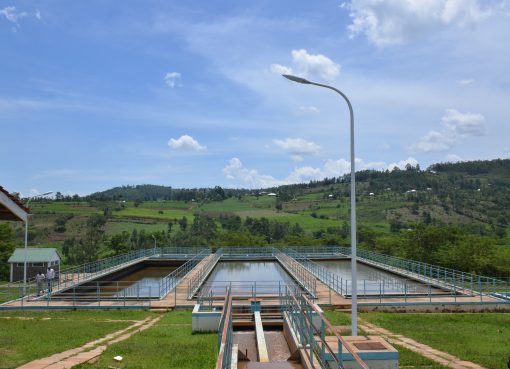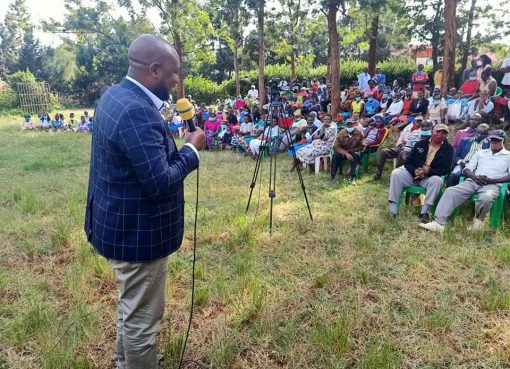Kajiado County residents, led by the advocacy group Sheria Mtaani, won a significant victory in their legal battle against the imposition of land rates on freehold properties.
The High Court, on December 4, 2024, issued a ruling that bars the Kajiado County Government from collecting these rates on freehold land, marking a key development in the ongoing dispute over the controversial Kajiado Finance Act 2023.
The petition, filed, argues that the introduction of land rates on freehold properties is unconstitutional and discriminatory, particularly targeting small-scale landowners.
Petitioners assert that these new taxes violate several constitutional provisions, including the right to equality, protection of property rights, and the principles of land use.
They filed the petition on August 19, 2024, that was prompted by the imposition of annual charges of Sh5,000 for commercial land and Sh2,500 for residential or mixed-use freehold properties smaller than 0.5 hectares. Those who fail to pay the rates would face harsh penalties, including a 25 perdcent annual penalty or a fine of up to Sh200,000, or even imprisonment.
The petitioners argued that the new rates unfairly burden small-scale landowners while larger property holders are spared, leading to claims of discrimination.
A team of advocates that represented the petitioners, led by lawyer Shadrack Wamboi, emphasized that while the petitioners are not challenging the entire Finance Act, they are focused on specific sections that impose undue financial strain on those with smaller parcels of land.
Wamboi has described the charges as a form of “punishment” aimed at small landowners, while the large landholders are unaffected.
During the hearing on December 4, 2024, High Court Judge Komingoi Loice agreed with the petitioners’ argument, ruling that the new taxes were discriminatory and amounted to an unfair conversion of freehold land into leasehold properties.
Justice Loice emphasized that the introduction of such rates disproportionately impacted small-scale landowners, who are already struggling with inadequate infrastructure and basic services like roads, clean water, and sewerage systems. Many residents are forced to rely on alternative solutions, such as bio-digesters and private water vendors, due to the county’s failure to provide essential services.
In court, lawyer Shadrack Wamboi also pointed out that the county government had failed to engage in meaningful public participation when implementing these taxes, which further undermines their legitimacy. The petitioners argued that, given the financial constraints many of them face, the land rates would push them into deeper poverty and could even result in them losing their homes.
Local residents, including those from Kajiado North, voiced their frustrations outside the court, expressing relief at the temporary reprieve provided by the ruling.
They criticized the county government for failing to deliver on its promises of development, with some residents remarking that they would consider paying the new taxes if they saw improvements in infrastructure and services.
Esther Wanjeri, one of the residents, expressed her satisfaction with the ruling terming the land rates as discriminatory.
“We thank the lawyers for standing up for us. If Kajiado County had been providing development projects, maybe we would think of paying the rates. But right now, it feels like we are being taxed without any real benefit.”
The case will be heard again on February 26, 2025, where further arguments will be made regarding the constitutionality and fairness of the rates. In the meantime, Kajiado County is prohibited from collecting the contested land rates, providing a temporary win for residents and small-scale landowners who see the new taxes as an unjust financial burden.
By Rachel Supeet





